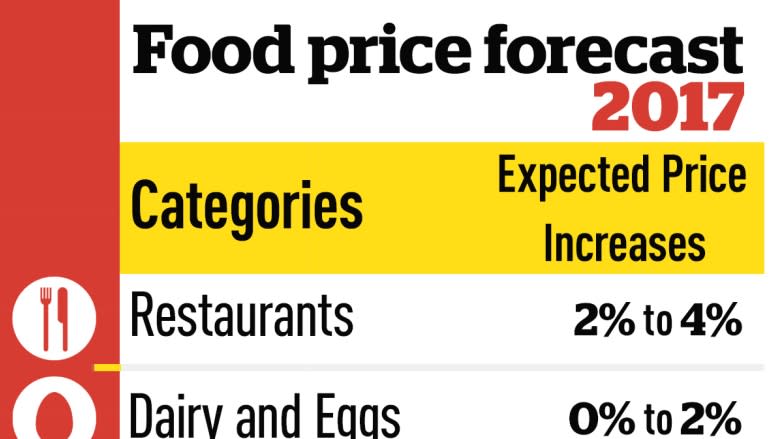Frustrated with food prices, woman makes 1,000 km grocery trip for Christmas dinner
A Fort Simpson, N.W.T., woman is set to drive nearly 500 kilometres south, and back, to get her groceries for Christmas dinner.
Now that the ice crossing to the community is open, Leona Kraus plans to drive out of Fort Simpson and head down to Fort Nelson, B.C., because she refuses to pay the price for fresh food at her local Northern store.
"I refuse to shop here," Kraus told CBC News.
"It's cheaper for me to shop in Nelson than in Fort Simpson. There you can actually get your money's worth."
Kraus will be going with her husband on the trip, but leaving her children at home in order to have room for as much food as possible.
"We'll have room for fresh produce and stuff we normally can't bring back," she said.
"This is a basic need. We have to do it. Otherwise we're stuck paying the price at the Northern store."
Kraus normally makes a few trips to Fort Nelson for food each year, spending close to $600 or $700 each trip. For Christmas she's planning on purchasing at least two turkeys and a roast for her son's upcoming birthday party.
She says an angus roast that was priced at $25.19/kg at the Northern store in Fort Simpson was the breaking point for her. At 9 kilograms, the roast cost $217.26.
Fort Nelson prices closer to Canadian average
A similar roast costs $18.97/kg at the IGA in Fort Nelson. That price is still 81 cents above the national average of $18.08/kg, according to Statistics Canada.
A spokesperson for the North West Company did not reply to messages requesting comment, but a store manager at the Northern in Fort Simpson said the price of $25.19/kg is not unreasonable, considering that while the community was cut off during freeze-up, supplies needed to be flown across the river by helicopter.
Since Fort Simpson is accessible by road most of the year, it is not part of the Nutrition North program that subsidizes shipping costs for retailers.
Though driving nearly 12 hours one-way to save on groceries may appear extreme, Kraus may soon be joined by other Canadians looking for drastic ways to save at the grocery store.
Report predicts food price hike
A new report from researchers at Dalhousie University suggests Canadians could find themselves paying $420 more a year for food.
It looks ahead to 2017, citing weather disruptions caused by La Nina, energy-related costs — including the potential effect of carbon pricing on the agricultural sector — and a weak Canadian dollar as factors in the expected price hikes.
That report predicts meat prices will jump between four and six per cent next year, meaning customers like Kraus shouldn't expect much of a break.



